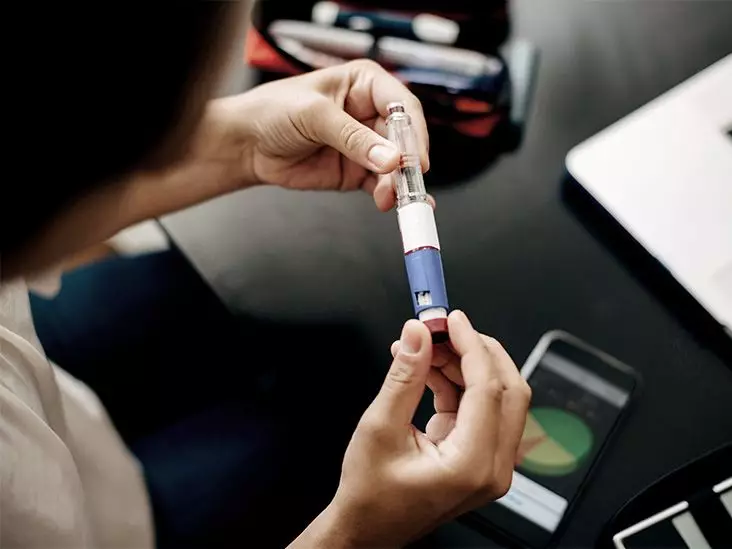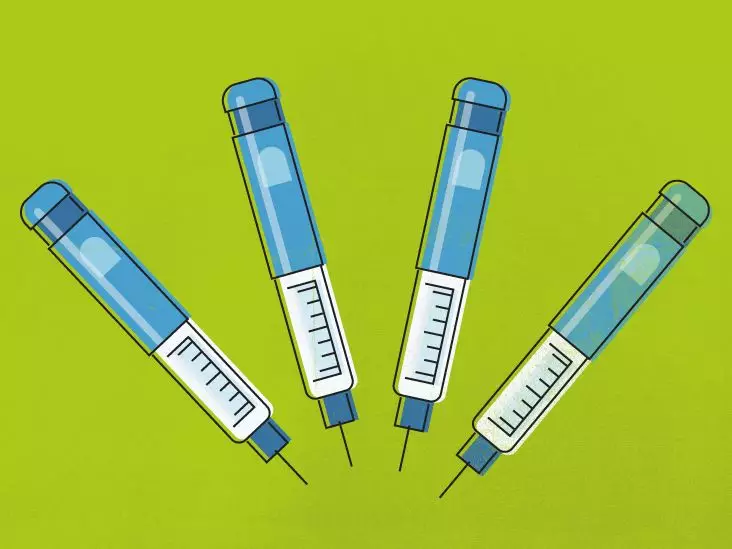Anaphylaxis is a severe, potentially life-threatening allergic reaction that can occur rapidly, often within minutes of exposure to an allergen such as food, medication, or insect stings. The body’s immune response can escalate quickly, necessitating immediate treatment. EpiPen, a well-known brand of epinephrine auto-injectors, is designed for emergency situations requiring rapid intervention. Epinephrine, a synthetic form of adrenaline, constricts blood vessels, dilates airways, and increases heart output, temporarily reversing anaphylactic symptoms and buying time for further medical help.

The FDA has approved EpiPen and EpiPen Jr. for treating severe allergic reactions in adults and select pediatric patients. Administering an EpiPen at the onset of symptoms—or preemptively after exposure to known allergens—can be life-saving.
Common triggers for anaphylaxis include:
- Food Allergens: Nuts, shellfish, eggs, and dairy can cause severe reactions.
- Insect Stings: Stings from bees, wasps, and hornets are significant triggers.
- Medications: Certain antibiotics, especially penicillin, can provoke anaphylaxis.
- Other Substances: Latex and some medical dyes may also lead to severe reactions.
Individuals at risk should carry an EpiPen at all times, as symptoms can vary in onset. Symptoms indicating the need for an EpiPen include difficulty breathing, swelling of the throat or face, hives, gastrointestinal distress, and dizziness. Immediate action is crucial if these symptoms arise after allergen exposure.
Those with a history of severe allergies should consult a healthcare provider about obtaining an EpiPen and creating an anaphylaxis emergency action plan, which outlines allergies, expected responses, and EpiPen usage instructions. Education on proper EpiPen use and recognition of anaphylaxis symptoms is vital. After administering epinephrine, it’s essential to contact emergency services, as symptoms may return.
While EpiPen is critical for initial anaphylaxis management, it is not a substitute for professional medical care. The effects of epinephrine are temporary, and further evaluation may be necessary to monitor any rebound reactions. Understanding EpiPen usage, recognizing symptoms, and maintaining communication with healthcare providers are key to effectively managing severe allergic reactions. Preparedness and education about allergies remain essential for ensuring safety.




